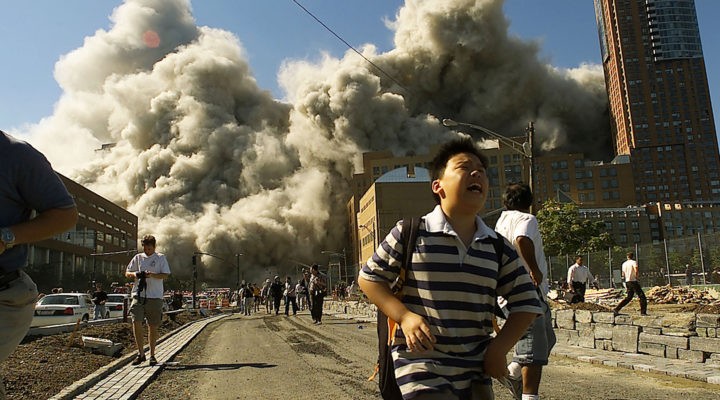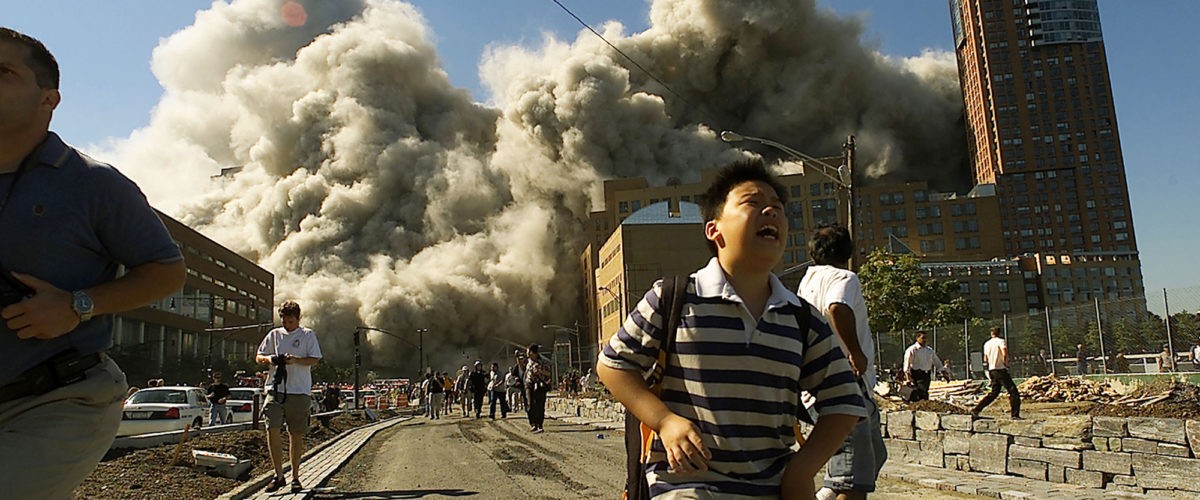Serving amid the chaos and anguish of the Sept. 11, 2001, terror attacks was more about ministers and congregations living into callings than it was about summoning great courage, said David Waugh, who was pastor of Metro Baptist Church in New York City the day terrorists destroyed the World Trade Center towers.
Located just over four miles from Ground Zero, the church opened its doors to survivors of the attacks, to refugees, to tourists and others stranded in Manhattan. The congregation provided food, water, counseling, telephone landlines and overnight accommodations for those in need.
But what else was a congregation already heavily engaged in social ministry going to do in that moment, asked Waugh, who served at Metro Baptist from 1993 to 2007 and is currently retired and living most of the year in Belize.
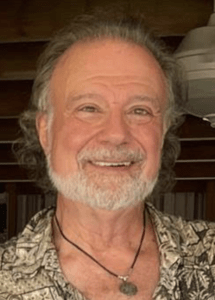
David Waugh
“People have asked, ‘Why did you respond with such grace and courage? What gave you strength to respond amid such violence?’ We could not do otherwise. It’s just the way we are shaped by God,” he said. “I just saw it as our congregation, and many other congregations, responding as our DNA has equipped us to, not doing anything heroic. We didn’t do anything different, we just did it on a bigger scale.”
Pastors, chaplains and other ministers who responded to the physical and emotional trauma of 9-11 have shared similar perspectives in the days leading up to the 20th anniversary of the highjacked airliner attacks that killed nearly 3,000 people combined in New York, Washington, D.C., and Shanksville, Pa.
Ministers also reflected on the encouragement they felt from seeing people of many faiths and ethnicities respond with compassion and service to the hatred behind the attacks and the despair they engendered.
Getting through those initial hours in a pastoral role began with compartmentalizing, Waugh explained. “On that day, I went into organizational mode. I blocked out all my emotions because people all around me were dealing with a lot of emotion. I had to separate myself emotionally so I could assess needs.”
Some of the most immediate needs were those of refugees and other internationals who ended up on mattresses on the floor of the Metro Baptist sanctuary that first night. Many were frightened, hungry and uncertain about their immediate futures.
But it was they who provided care to Waugh as he listened to the mingling of Russian Orthodox, Jewish and Kurdish Muslim prayers, among others.
“It still hits me that this was a testimony to the power of diversity in caring for one another.”
“We had six to eight different ethnic faith groups sitting around in the sanctuary as it got dark, praying to God as they understood God. Everyone wished each other peace as they lay down to sleep,” he said. “It still hits me that this was a testimony to the power of diversity in caring for one another. It’s the lion laying down with the lamb, real peace in the midst of such destruction, such hatred, such pain. That was a healing presence for me.”
Later participation in a New York interfaith response team was another help. “It wasn’t formed for the sake of self-care, but it was helpful because we prayed for one another,” he said.
It also was encouraging to witness a multi-faith response to the desperate and disparate needs all around the city at that time, Waugh recalled. “Whether we were Christian or Hindu or Jewish, we just all responded from the root of faith that says, ‘do unto others’ and ‘greater love hath no man.’ It was a day, a week, a month and months of selfless giving.”
While Waugh said he has been disheartened by the growing divisions in American society since 9-11, memories of the cross-cultural cooperation on that day and those that followed restore his hope.
“Even today, when I see faction fighting against faction, I remember that night in the sanctuary and I remember ‘shalom, peace,’” he said. “My prayer is that 9-11 becomes a symbol of a new story of cooperation, unity and of the building of trust.”
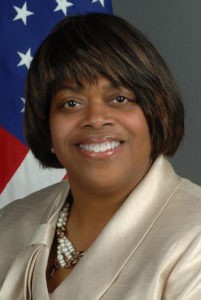
Suzan Johnson Cook
Former New York City Police chaplain Suzan Johnson Cook said there was a name for the spontaneous ministry that supported 9-11 victims: “We called it ‘faith in the rubble.’”
And it knew no racial or religious boundaries, Cook said during a Sept. 9 webinar titled “Faith at Work on 9/11,” hosted by the Religious Freedom and Business Foundation.
“None of us really had training in trauma ministry but we had to be the faith leaders and we had to be strong,” said Cook, a Baptist minister who went on to serve as U.S. ambassador-at-large for international religious freedom in the Obama administration.
It fell to Cook on the day of the attacks to attempt to comfort 911 operators who were taking calls from people trapped in the Twin Towers, many asking for prayers and that their loved ones be contacted as they prepared to jump to their deaths to escape the growing flames, she said. “Those moments just zap you in terms of your spirit.”
Susan Sparks, senior pastor at Madison Avenue Baptist Church in New York City, recalled seeing the second plane hit the tower. That day provided deep insights into what makes ministry effective.
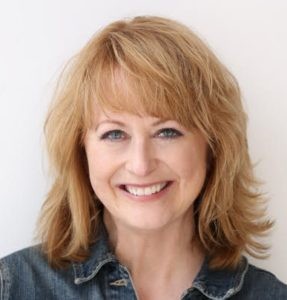
Susan Sparks
“The moment that attack happened, religious leaders from all traditions were rallying around the first responders with spiritual support, but just as important they responded with things like food, first aid, and shelter. It made the Beatitudes sing like nothing I had ever seen,” Sparks said.
The morning of the attacks, the church flung its doors open to whoever needed shelter, she added. “In those pews sat Baptists next to Muslims next to Sikhs next to Reformed Jews next to Buddhists – all praying, all seeking refuge.”
The attacks “more than anything else made me realize that ministry — for it to truly matter — had to be engaged on the ground.”
Related articles:
On the anniversary of 9/11: Reclaiming ‘unanticipated courage’ | Opinion by Bill Leonard
Reflecting on the effects of 9/11 and the disarray of America foreign policy | Opinion by David Gushee
9/11 at 20: The ongoing choice between fear and love | Opinion by Erich Bridges

